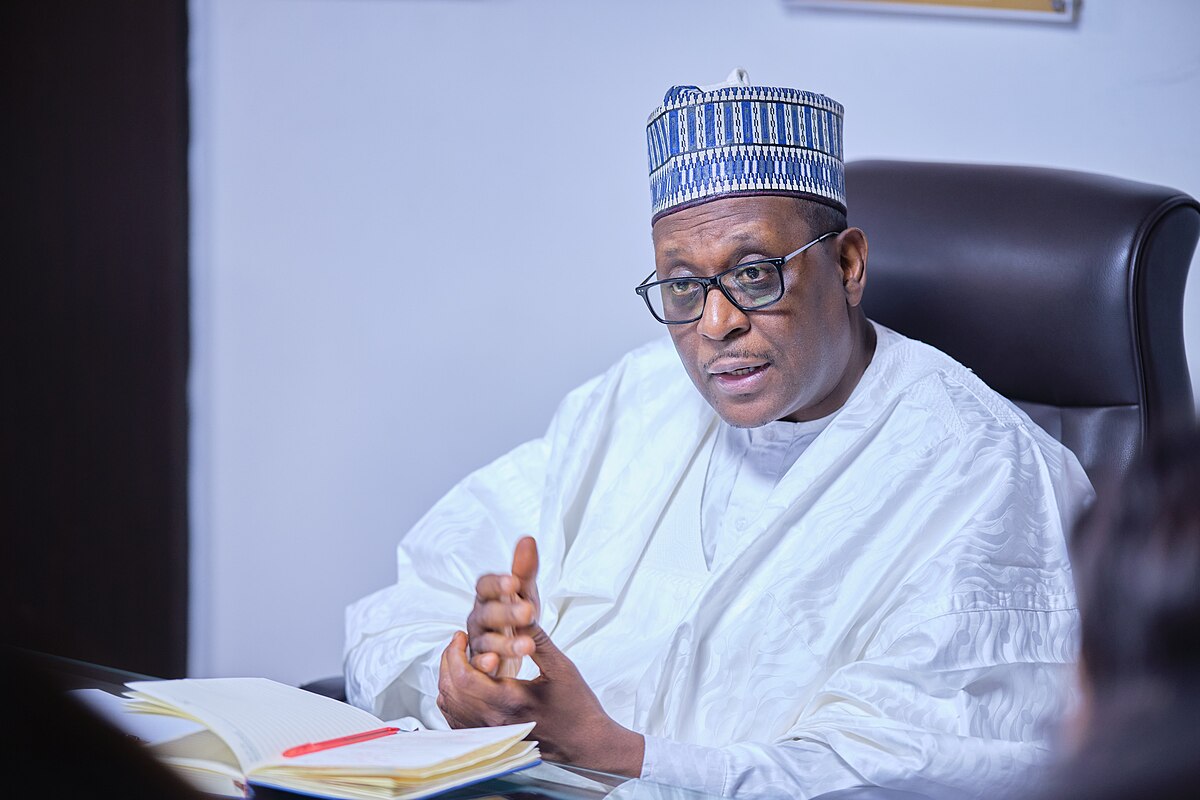A government minister has been directed to provide detailed information on the implementation plan and National Assembly approvals for the utilisation of global fund and USAID grants

The House of Representatives has resolved to investigate the utilisation of over $4.6 billion in grants and health assistance received by Nigeria from the Global Fund and the defunct United States Agency for International Development (USAID) between 2021 and 2025 for the fight against HIV, tuberculosis, and malaria.
The resolution followed the adoption of a motion sponsored by Rep. Philip Agbese (APC, Benue) during plenary on Tuesday, who expressed concern that despite these huge investments, Nigeria continues to rank among the countries with the highest burden of HIV, TB, and malaria globally.
Moving the motion, Rep. Agbese noted that Nigeria had received an estimated $1.8 billion from the Global Fund for the fight against HIV, TB, and malaria from 2021 to 2025, in addition to over $2.8 billion from USAID to address health threats such as HIV, malaria, polio, and tuberculosis between 2022 and 2024.
He said: “Nigeria continues to attract massive international health assistance, yet our statistics remain alarming. In 2023 alone, about 15,000 AIDS-related deaths occurred among children aged 0–14, while over 51,000 Nigerians died from AIDS-related complications. We rank third globally in HIV deaths and first in Africa for tuberculosis burden.”
The lawmaker also drew attention to the country’s continued struggle with malaria, stating that Nigeria accounts for 26.6 percent of global malaria cases and 31% of deaths, despite years of intervention.
Agbese warned that if urgent steps are not taken to reassess how these grants are being utilised, Nigeria may fail to meet the United Nations Sustainable Development Goal (SDG) target of eliminating HIV, TB, and malaria by 2030.
“It is worrisome that despite over $4.6 billion committed within just four years, our health outcomes remain poor. There appears to be a lack of robust oversight and transparency in the utilisation of these funds,” he said.
“If something drastic is not done, Nigeria may continue to suffer huge losses and fail in the elimination of HIV, TB, and malaria by 2030.”
He also emphasised the need for greater legislative scrutiny, citing Sections 88 and 89 of the 1999 Constitution (as amended), which empower the National Assembly to summon any ministry, agency, or organisation for accountability purposes.
ALSO READ: Declare state of emergency on Abuja healthcare – Reps tells FG
Following the adoption of the motion, the House mandated its Committee on HIV/AIDS, Tuberculosis and Malaria Control to investigate the utilisation of the grants and report back within four weeks for further legislative action.
The House also directed the Coordinating Minister of Health and Social Welfare to provide detailed information on the implementation plan and National Assembly approvals for the utilisation and expenditure of the grants.

